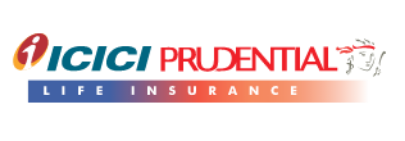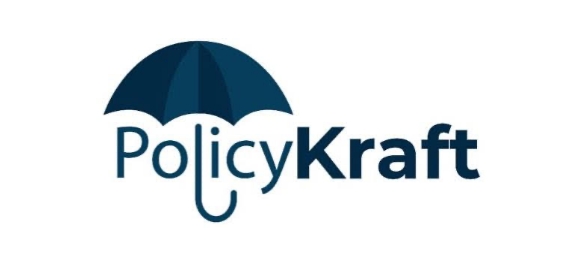Often, employers cover their employees with a group insurance plan as part of the payout benefits. Such a plan provides cover to group members and their spouses, children, and dependent parents.
Types of Groups
A group insurance plan provides cover to the below types of groups.
- Formal group: In a formal group, also known as employer-employee group, all members work for the same employer or group owner. A company, business organization and professional organization are examples of a formal group. The insurance plan is purchased by the employer.
- Informal group: The members of an informal group may belong to a society or cultural association. They may hold the same credit card or account. In such a group, the group owner or administrator purchases the policy on behalf of the group members.
Benefits of Group Insurance
Buying a group insurance plan can be rewarding for individual group members such as employees as well as employers. Today, many companies and businesses prefer to cover their employees with group insurance as part of the overall compensation. Here are the key advantages of a group insurance plan for employers and employees.
- The premium paid in group insurance is lower than the premium in an individual policy for a member. These plans reduce the liability of the insurance provider as the risk is spread across all members of the group.
- As premiums are often paid by the employer, group insurance offers a convenient way to cover all employees with different income brackets. These plans provide a cost-effective means for employers to provide an insurance cover for their employees.
 Get In Touch
Get In Touch


























